Iran will never allow any foreign factor affect sanctions removal talks with P4+1 in Vienna: FM Amir-Abdollahian
Iran’s Foreign Minister Hossein Amir-Abdollahian says the Islamic Republic will not allow any foreign factor to have any impact on the ongoing negotiations in the Austrian capital aimed at removing anti-Iran sanctions and reviving the landmark 2015 deal.
Iran’s top diplomat made the remarks in a Monday meeting with a number of Iranian parliamentarians during which he elaborated on the latest developments in the area of Iran’s foreign policy, especially with regard to the Vienna talks between Iran and the P4+1 group of countries.
Amir-Abdollahian said Iran welcomes the conclusion of a “good and strong” agreement, stressing, however, that Tehran will not back down on its redlines in the negotiations.
Iran’s foreign minister said of utmost importance is to get “effective economic guarantees” and maximizing realization of the interests of the Islamic Republic of Iran through any possible agreement.
“While standing fast on our redlines, we will not allow any foreign factor affect [realization] of the country’s national interests in the Vienna talks for the removal of sanctions,” he said.
Amir-Abdollahian’s comments came after his Russian counterpart, Sergei Lavrov, said on Saturday that Moscow is demanding written guarantees from Washington before backing the Iran deal, citing the current wave of Western sanctions against Russia.
"We requested that our US colleagues ... give us written guarantees at the minimum level of Secretary of State that the current (sanctions) process launched by the US will not in any way harm our right to free, fully-fledged trade and economic and investment cooperation and military-technical cooperation with Iran," Lavrov said at a news conference.
Reflecting on Lavrov’s remarks earlier on Monday, the spokesman for Iran’s Foreign Minister Saeed Khatibzadeh said, "Russia's approach has been constructive to date and we have gathered in Vienna to reach a collective agreement. We are waiting for them to give us more details if they have."
The US unilaterally left the 2015 Iran deal, officially known as the Joint Comprehensive Plan of Action (JCPOA) in 2018, and restored the sanctions that had been lifted under the accord. Washington’s European allies in the deal—France, Germany, and the United Kingdom—have been toeing the sanctions line closely by ending their trade activities with Iran.
The Vienna talks began last April between Iran and the remaining parties to the JCPOA- Britain, France, Germany, Russia and China- on the assumption that the US, under the Biden administration, is willing to repeal the so-called maximum pressure policy pursued by former president, Donald Trump, against Tehran.
Iran says it won’t settle for anything less than the removal of all US sanctions in a verifiable manner. It also wants guarantees that Washington would not abandon the agreement again.
In a phone call with European Union's foreign policy chief, Josep Borrell, on Friday, Amir-Abdollahian said the Western side’s hurriedness to reach an agreement via the Vienna negotiations will not make Tehran turn a blind eye to its red lines.
Russia's ambassador to Iran: Lavrov’s remarks “misunderstood”
Russia's Ambassador to Tehran Levan Dzhagaryan also on Monday reacted to Lavrov's remarks about demanding written guarantees from the US and said, "There has been a misunderstanding in this regard."
Speaking in an interview with Tasnim news agency, Dzhagaryan added that Russia will give necessary explanation on Lavrov's remarks to the Iranian side through diplomatic channels.
"We will officially give explanation to Iranian friends in this regard," the Russian diplomat said.
He also called on the Iranian people not to pay attention allegations propagated by foreign radio channels.
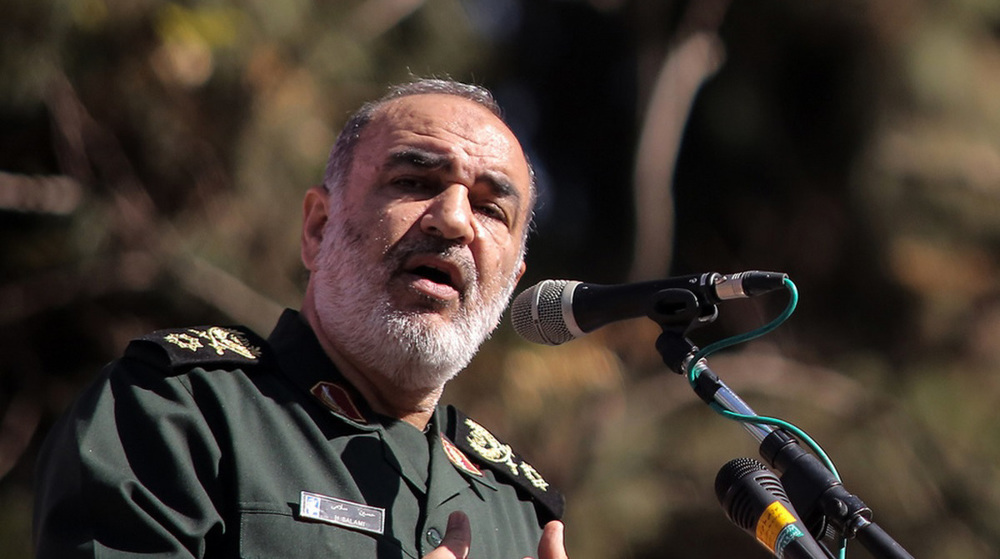
Flying warplanes over Beirut funeral exposed enemy’s fear of power, unity of nations: IRGC
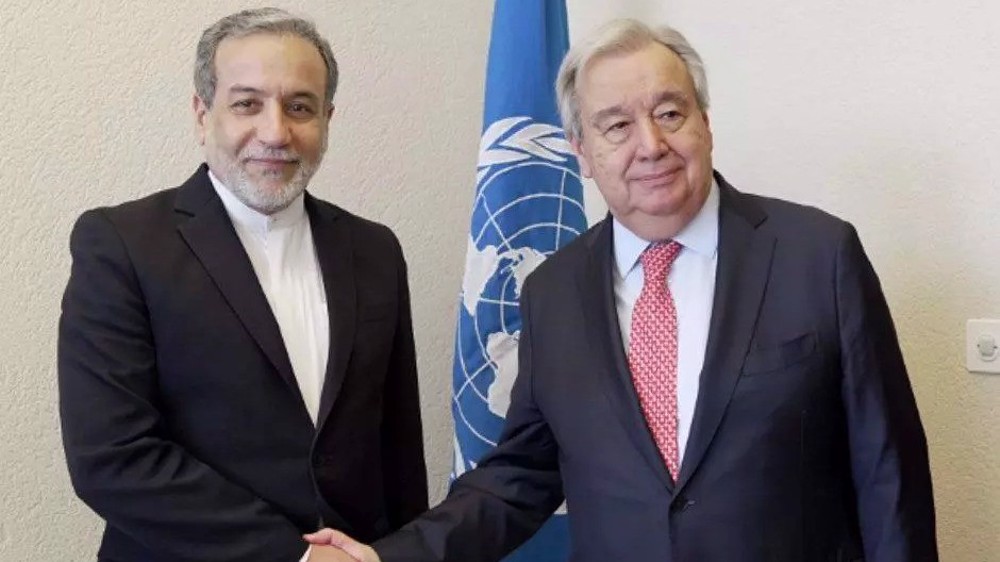
Araghchi tells UN chief: Israel must be held accountable for crimes against Palestinians
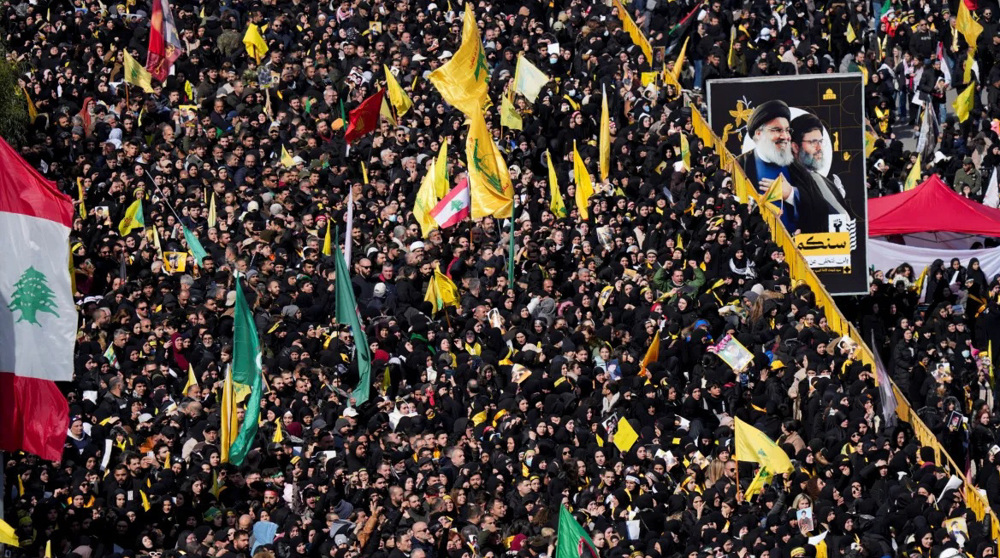
Hezbollah's display of power proved resistance cannot be eliminated: Iran parl. speaker
'Shocking attack on free expression': Canadian politician slams arrest of pro-Palestine activist
West Bank Palestinians fear Gaza style destruction as Israel escalates raids
Hamas: Ibrahimi Mosque massacre testament to Israel’s criminal policy
Trump eyes Ukrainian rare earth minerals in exchange for military support to Kiev
Six Gaza children, including newborn girl, die of cold weather as Israel blocks aid
Iran rules out nuclear talks with US amid ‘maximum pressure’ campaign
Israeli tanks roll into West Bank first time in 20 years as prelude to forcible annexation
VIDEO | Trump wants Ukraine's mineral wealth


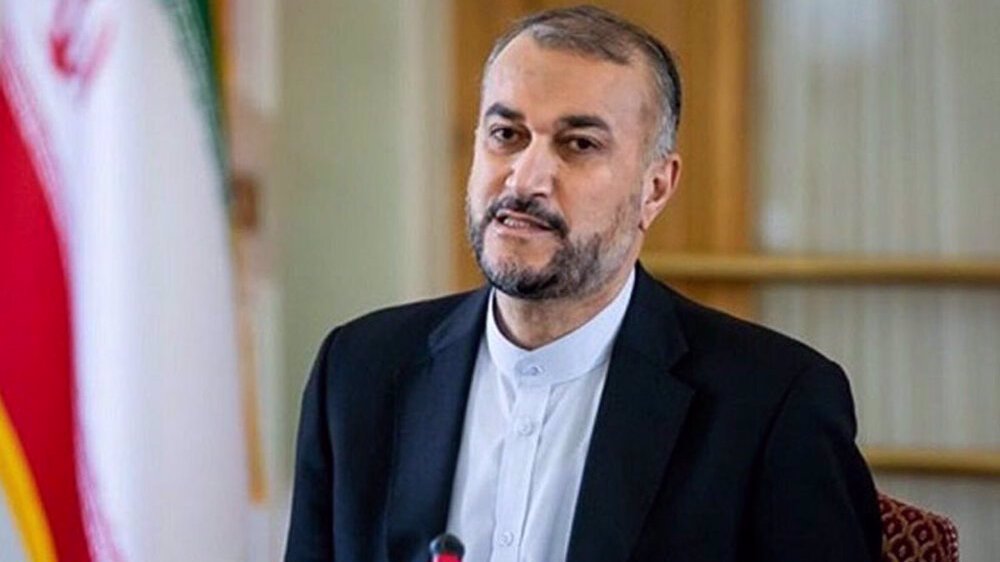
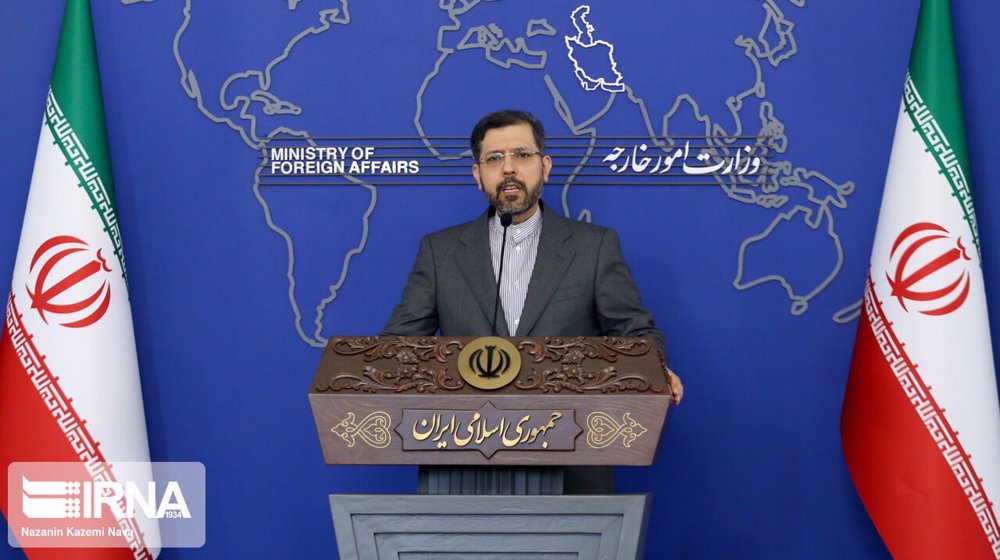
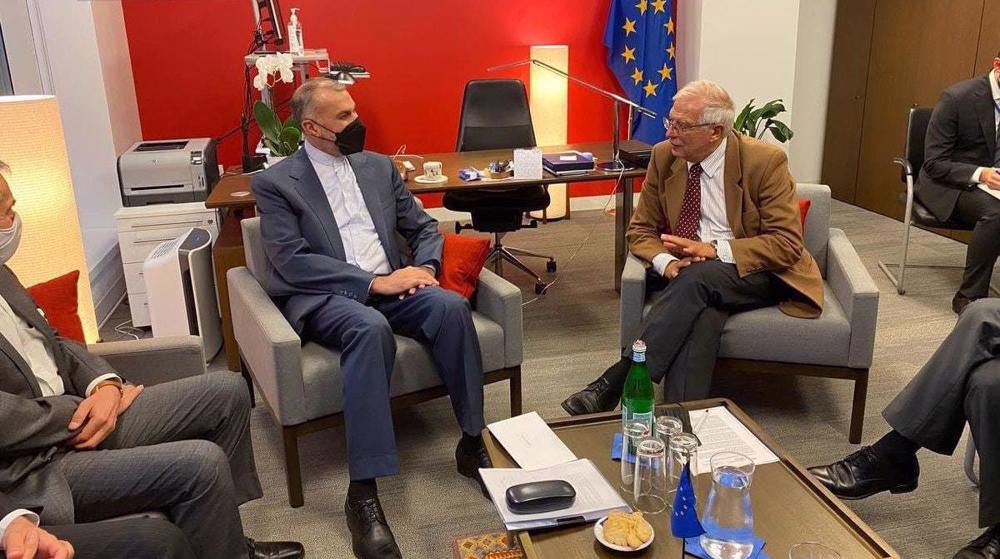




 This makes it easy to access the Press TV website
This makes it easy to access the Press TV website